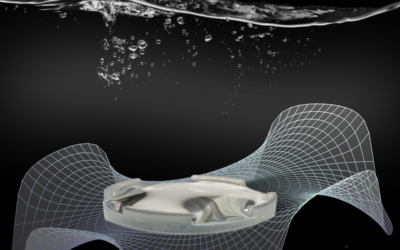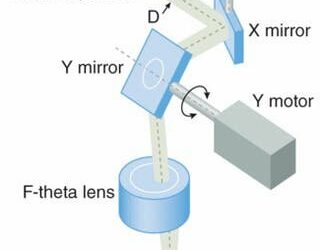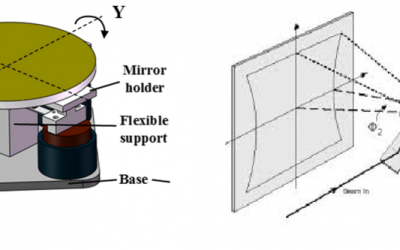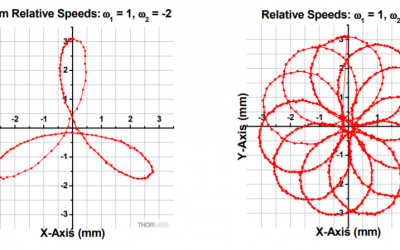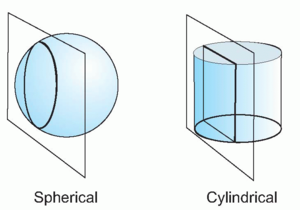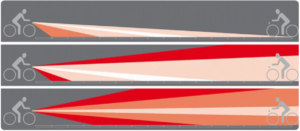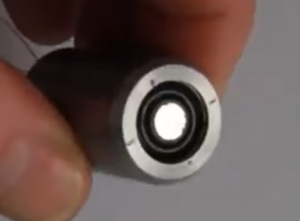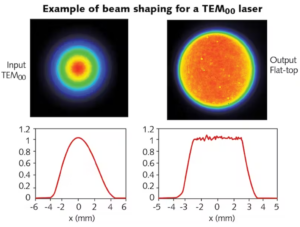Complex Optical Components from Fluids. Researchers from the Israel Institute of Technology have developed a new technique to fabricate free-form optics by curing a liquid polymer. Traditionally, free-form optics are fabricated using complex CNC equipment that...
laser scanning
Scan Mirrors In Industrial Welding
by Victor Argueta | FAQ, Optical Components, Victor Argueta
This is our last entry on our scanning mirrors series. In this article, we will talk about the use of scanning mirrors when working with welding environments. As you can imagine, not only do the optical requirements differ when compared to those of a scanning...
Steering Mirrors in Laser Marking
by Victor Argueta | scanners
In the next couple of weeks, we will be talking about the different design requirements and restrictions when working with steering mirrors, also known as scanning mirrors. The objective is to show you that different applications require different solutions, and that...
Unlocking Risley Prisms: Precision in Optical Steering | OFH
by Victor Argueta | FAQ, optical design, opto-mechanical design
Introduction Previous posts have explained reflective, anamorphic and dispersive prisms and their use in optical systems. Today we will explain a prism configuration called Risley Prism. A Risley prism is actually two wedge prisms close to each other that can be...
5 Applications of Cylindrical Lenses
by Victor Argueta | FAQ, lens design, optical design, optics
When thinking of a ‘lens’, most people have the image of a spherical lens in their mind, but there are different geometries for lenses, and one of the most common is the cylindrical lens. What’s the difference between spherical and geometrical lenses? And what...
